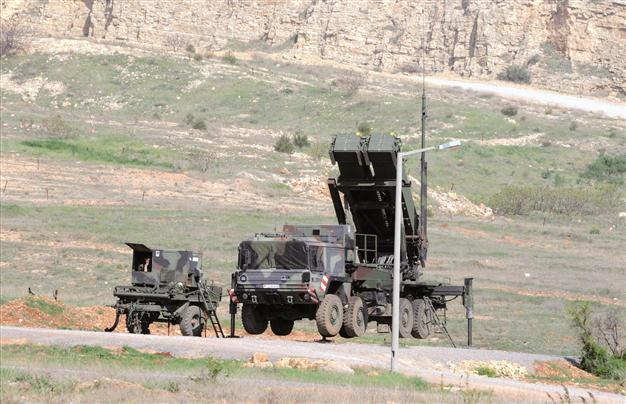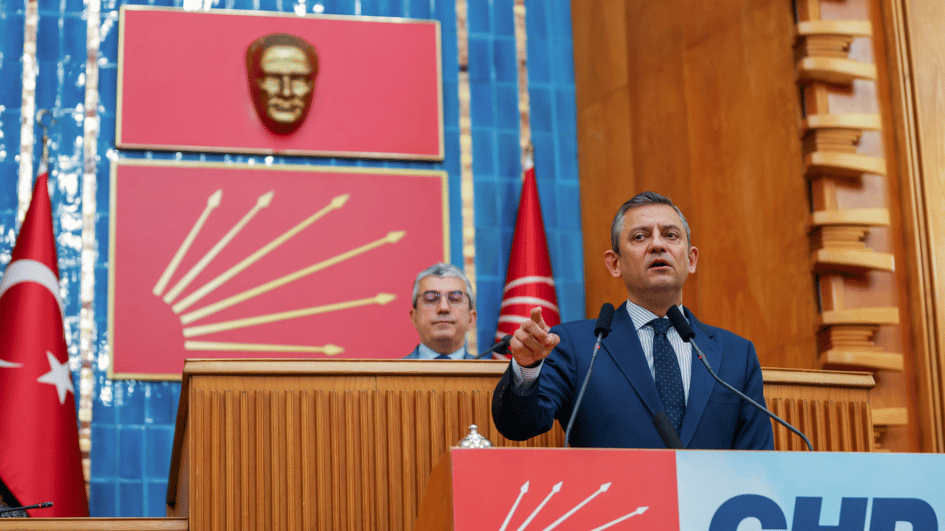New options emerge in disputed air defense deal
BURAK BEKDİL

German Patriot batteries are stationed in southeastern province of Kahramanmaraş are seen in this file photo. Turkey may consider receving a batch of used PAC-2 systems from Germany , sector sources say.
As a period of quiet is ahead of Turkey’s controversial air defense program after the departure of Murad Bayar, the country’s top defense procurement official, new options have emerged outside Ankara’s September 2013 decision to select a Chinese contender.Procurement officials said one option involved going for an entirely indigenous solution to be designed
and developed by military electronics specialist Aselsan, Turkey’s biggest defense company.
“The company is meticulously weighing the merits and demerits of local production,” one senior official said. “At this moment we do not know whether this is a technically and financially feasible. But we cannot rule that out.”
An Aselsan official confirmed the company is working to assess an indigenous solution for what would become Turkey’s first long-range air and anti-missile defense system. “We have [technologically] progressed remarkably over the past few years. We think that the work here may not be beyond our engineering capabilities.” But some defense industry sources say the work may be beyond Aselsan’s capabilities and take too long to finish. “No doubt, Aselsan’s recent work is impressive. But this program may be a little bit too tough. I fear the work may take much longer than planned, and prove to be very expensive if done locally,” said one London-based Turkey specialist.
Aselsan thinks it can deliver the system, dubbed T-LORAMIDS, in about eight years.
PAC-2 option
Meanwhile, defense sources said the U.S. bidders, a partnership of Raytheon and Lockheed Martin, recently proposed to Turkey a batch of used PAC-2 systems, deployed in Germany. “The proposal effectively means some upgrades, and improvements are to be done on the PAC-2 system which would eventually be replaced by the more advanced PAC-3 system,” one source said. “This would be a government-to-government deal.” The official did not comment on whether Ankara viewed this option favorably.
Since September 2013, Turkey’s defense procurement bureaucracy and industry have been increasingly showing signs of weariness over a potential, $3.44 billion deal with China Precision Machinery Import-Export Corp. (CPMIEC), the front-runner in the competition. CPMIEC is on a U.S. list of companies sanctioned under the Iran, North Korea and Syria Nonproliferation Act.
Turkey has come under strong pressure from its NATO allies since it announced its decision over the T-LORAMIDS. Ankara said it chose CPMIEC’s FD-2000 missile-defense system over rival offers from Franco-Italian Eurosam SAMP/T and Raytheon based on better price and better terms of technology transfer. NATO and U.S. officials have said it will not be possible to integrate any Chinese-built system into the air defense assets that Turkey has in common with NATO and the U.S.
















